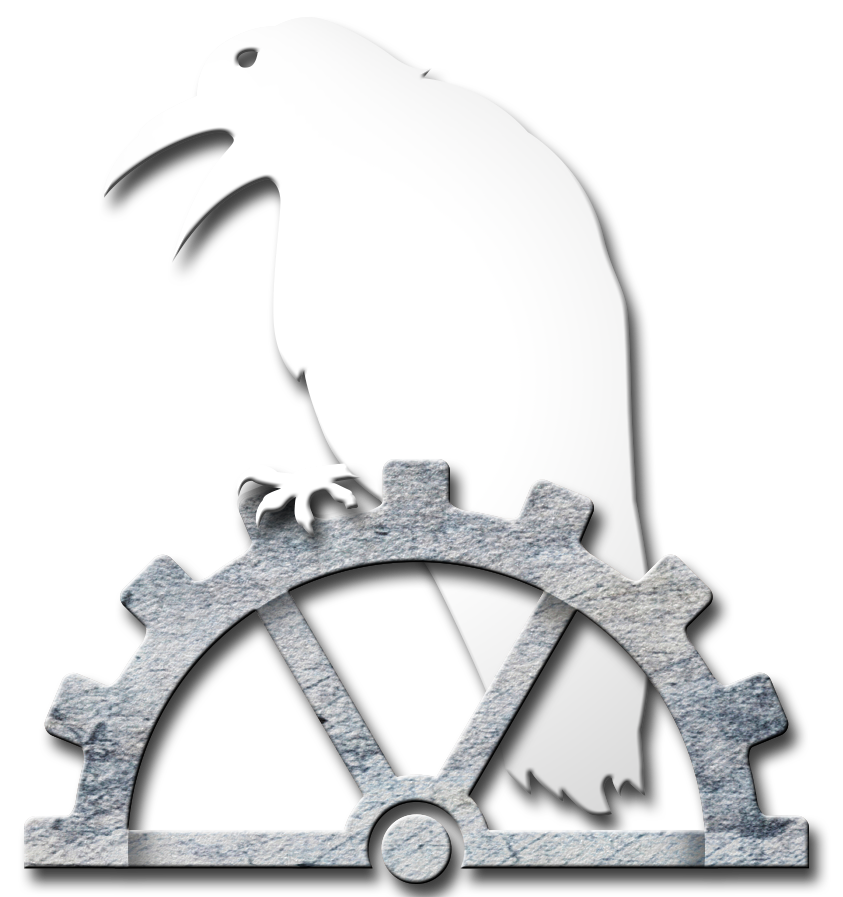 BY MERILYN OBLAD
BY MERILYN OBLAD
Music and writing have already been compared to one another on this blog (see Kristina’s lovely entry from last month), but I thought I’d contribute to the analogy in my own way. I’m a vocalist; some might say “singer” instead, but we vocalists can be a little touchy about that because singers don’t always know what they’re doing musically (or vocally, for that matter) but vocalists are musicians in the way that instrumentalists are. Our voices and bodies are our instruments and a great deal of effort, knowledge, and skill, as well as talent, goes into producing beautiful music.
Two of the things a vocalist learns to pay close attention to are phrasing and punctuation. The words of a song need to make sense to the audience and not come across as interrupted ideas. A deftly phrased song, with proper attention to dynamics and diction help create a truly awe-inspiring experience for an audience. Likewise, a deftly phrased book with proper attention paid to climax and tension creates an enchanting experience for the reader. For both songs and books, punctuation is a vital tool in enhancing the experience for the audience.

Phrasing in song basically has to do with when the vocalist breathes. A breath in the wrong place may put undue emphasis on the wrong lyrics or fail to connect ideas in the song. Carefully timed breathing fixes this potential hazard as a vocalist places importance on key phrases. Punctuation is a vocalist’s time to take a breath. Commas in particular are important, especially when one is running out of air.
In spite of learning how and when to use commas in elementary school, it is how and when to use commas in singing that most influences my writing. I look at commas as mental pauses or time to breathe. If a phrase needs to be emphasized with a pause but is not yet a complete sentence, then I put in a comma. Sometimes I get a little comma happy and toss them in a little too liberally, so when I go back and review what I’ve written I make sure I breathe at each comma. If I’m coming close to hyperventilating because I’m breathing so often, then I pull a few of my commas. Reading aloud will help you find the natural breaks or breaths in your writing.
I own several grammar books, and I tend to check up on myself about how and when I’m using my punctuation. Even with all the technical definitions and rules running through my head, I still come back to my singing rule. A comma is a chance to snatch a breath before plowing onward. It’s a moment to regroup before changing the dynamics of the phrase, building tension, or eliciting emotion. Similarly, commas in writing are pauses meant to intensify certain ideas by setting them apart.

Sometimes it helps to have a new perspective on an old issue, which is why I’ve addressed commas this way. A comma is such a small thing, but can be tricky to figure out even when you know what you’re doing. Fortunately, punctuation doesn’t have to be difficult. It can be as natural as, well, breathing.
A lover of all things historical, MeriLyn Oblad (pronounced Mary Lynn) has both a BA and MA in History, the former from the University of Nevada, Reno and the latter from Brigham Young University. She brings more than a decade of document analysis, an eye for fine detail, and seven years of writing local histories to the Xchyler table.
MeriLyn currently proofs our 2014 paranormal anthology, slated for release in October, and is plowing through fantasy short story submissions. Hurry! Contest ends August 31st!
